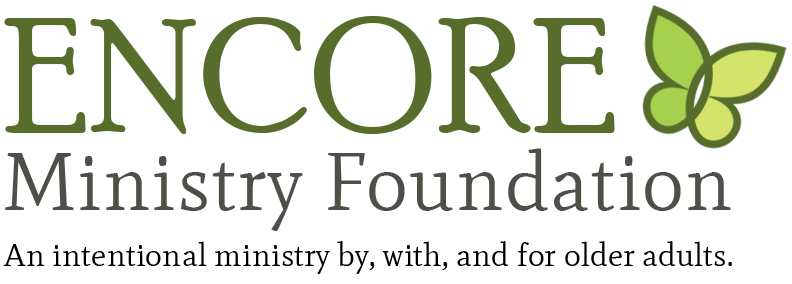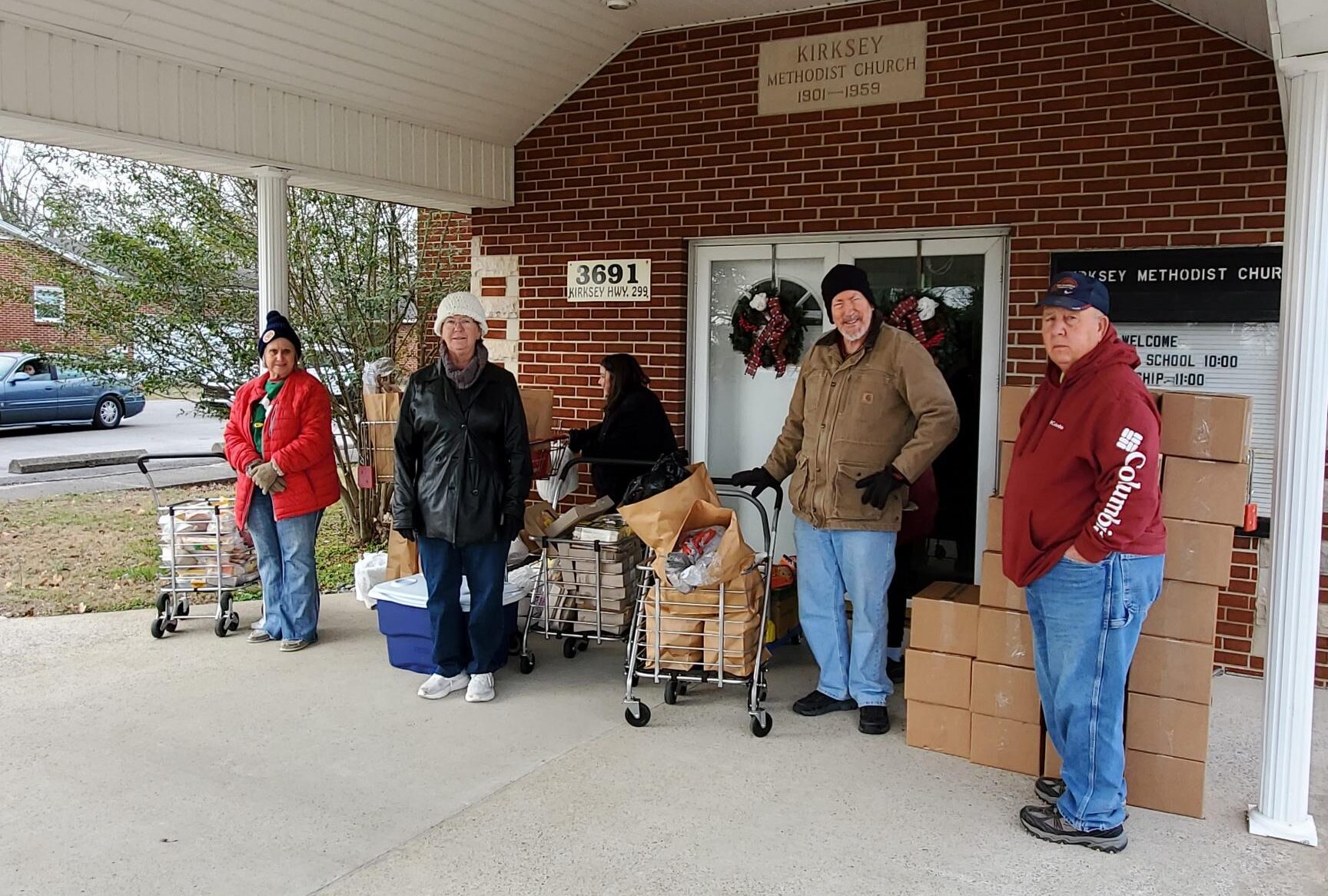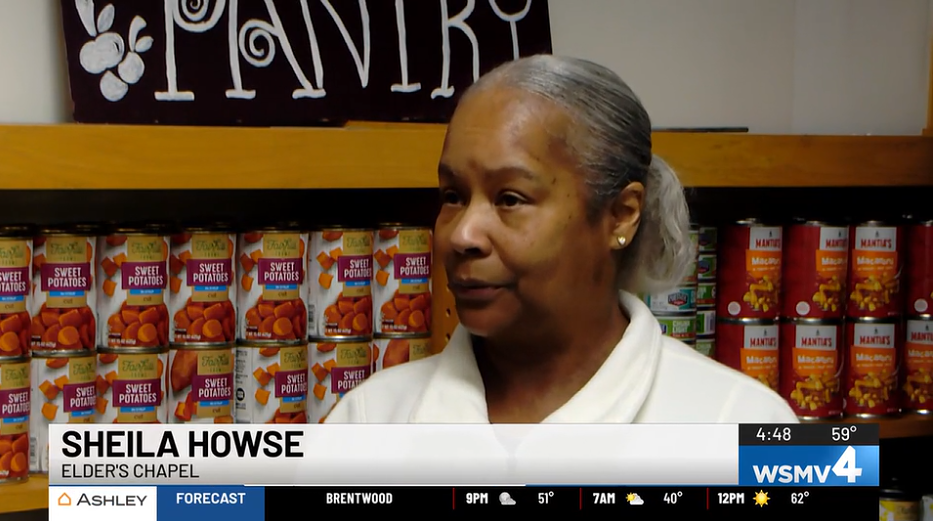(The National Center on Elder Abuse) What is elder abuse? What warning signs should a caregiver look for? And what can be done about it if abusing is happening? Here are some of the most commonly asked questions about elder abuse.
What is Elder Abuse?
Elder abuse is any knowing, intended, or careless act that causes harm or serious risk of harm to an older person— physically, mentally, emotionally, or financially. The term is quite broad and encompasses many different types of mistreatment:
Physical abuse: Use of force to threaten or physically injure a vulnerable elder.
Emotional abuse: Verbal attacks, threats, rejection, isolation, or belittling acts that could cause mental anguish, pain, or distress to an elder.
Sexual abuse: Sexual contact that is forced, tricked, threatened, or coerced upon another person, including anyone who is unable to grant consent.
Exploitation: Theft, fraud, misuse or neglect of authority, used as a lever to gain control over an older person’s money or property.
Neglect: A caregiver’s failure or refusal to provide for a vulnerable elder’s safety, physical, or emotional needs.
Abandonment: Desertion of a frail or vulnerable elder by anyone with a duty of care.
Self-neglect: An inability to understand the consequences of one’s own actions or inaction, which leads to harm or endangerment.
How Can I Tell if Someone is Being Abusive?
Unfortunately, abusers are not always easy to spot. Adding to the problem, victims may not be physically or mentally able to report their abuse, or they may be isolated and too afraid or ashamed to tell someone.
The great majority of abusers are family members, most often an adult child or spouse.
Abuse can also occur at a long-term care facility, such as a nursing home or assisted living residence. Employees and temporary staff who have direct contact with residents are the most frequent perpetrators.
Other offenders may include other family and old friends, newly developed “friends” who intentionally prey on older adults, and service providers in positions of trust.
While there is no typical profile of an abuser, the following are some behavioral signs that may indicate problems:
Abusing alcohol or other drugs
Controlling elder’s actions: whom they see and talk to, where they go
Isolating elder from family and friends, which can increase dependence
Emotional/ financial dependency on elder, inability to be self‐sufficient
Threatening to leave or send elder to a nursing home
Appearing to be indifferent to elder, seeming apathetic or hostile
Minimizing an elder’s injuries, blaming victim or others for the abuse, neglect, or exploitation
Threatening to harm an elder’s pet
Calling the elder names
Previous criminal history
Mental illness
Longstanding personality traits (bad temper, hypercritical, tendency to blame others for problems)
In long term care settings, some other potential risk factors of elder abuse in long-term care are:
Negligent hiring practices (hiring violent criminals, thieves, and drug users to work as aides, maintenance workers, etc.; failing to do required background checks)
Too few staff, high turnover, and inadequate training
Reliance on staff who lack compassion or empathy for older people and those with disabilities
What are the Warning Signs of Elder Abuse?
Elder abuse can take many forms. Here are some signs that there may be a problem:
Slap marks, most pressure marks, and burns or blisters (e.g., cigarette burns). Explanations that don’t seem to fit with the pattern of physical injury are also suspect.
Withdrawal from normal activities, unexplained change in alertness, or other unusual behavior may signal emotional abuse or neglect.
Bruises around the breasts or genital area and unexplained sexually transmitted diseases can occur from sexual abuse.
Sudden change in finances and accounts, altered wills and trusts, unusual bank withdrawals, checks written as loans or gifts and loss of property may suggest elder exploitation.
Untreated bedsores, need for medical or dental care, unclean clothing, poor hygiene, overgrown hair and nails, and unusual weight loss are signs of possible neglect.
If you have concerns about someone, trust your instincts. Don’t be afraid to ask questions. Keep in mind that victims of elder abuse may be experiencing other problems and more than one type of abuse.
Is Everyone at Risk?
Elder abuse can happen to anyone. As with other types of interpersonal violence, elder victims are never responsible for their abuse, perpetrators are responsible.
Some families and individuals, however, may be more at risk than others. Factors that may increase an elder’s vulnerability include:
Social isolation/loneliness (lack of social support networks).
Mental impairment (may increase dependence on abuser).
Personal problems of abuser (emotionally or financially dependent on the victim; history of mental illness; hostility; alcohol or drug abuse).
What is Elder Self-Neglect?
Self-neglect in later life refers to the inability or failure of an older adult to adequately care for his or her own needs, behavior which puts him or her at risk of serious harm or abuse by others.
A significant proportion of adult protective services cases investigated by authorities involve self-neglect—in some states more than half. Signs of self-neglect can include:
Lacking food or basic utilities
Refusing medications
Hoarding animals and/or trash
Unsafe living conditions, insect or vermin-infested living quarters
Poor grooming and appearance (soiled or ragged clothing, dirty nails and skin)
Inability to manage finances (frequently borrowing money, giving away money and property, not paying bills)
Isolation, lack of social support
Disorientation, incoherence
Alcohol or drug dependence
Are There Laws Against Elder Abuse?
While there is currently no federal law protecting elders from abuse, all states have adopted laws specifically dealing with elder abuse, neglect, and exploitation.
Laws vary from state to state. In some states, laws may protect older and vulnerable adults who are living alone or with family.
Other state laws also include individuals who live in nursing homes or other long term care facilities.
More and more states have begun to spell out clear criminal penalties for elder abuse. Several states have laws ordering victim restitution (a monetary payment by the offender to the victim for the harm done to the victim).
State laws covering murder, rape, battery, assault, theft, rape, fraud, and domestic violence may also apply to situations of elder abuse. A number of states take into account the victim’s age when determining a sentence.
To learn about your state laws, check with your state office on aging, Attorney General’s office, adult protective services agency, or local agency on aging.
What Should I Do if I Suspect Elder Abuse?
You should call police or adult protective services right away if you suspect that an elder is being abused, neglected, or exploited. You do not need to prove abuse in order to make a report.
Most states have a toll-free hotline number that you can call to relay your concerns. To find your state’s number, go to the on Elder Abuse Web site at www.elderabusecenter.org and then click “Where to Report Abuse.” If you are concerned about a nursing home or assisted living facility resident, the long term care ombudsman also can serve as a resource.
To find your local long term care ombudsman’s office, call the U.S. Administration on Aging’s Eldercare Locator at (800) 677-1116.
What Should I Expect When I Call for Help?
You will be asked to give the person’s name, address, contact information, and details about why you are concerned. You may also be asked for your name and telephone number, or some other way of contacting you in case the investigator has any follow-up questions. But most states will take an anonymous report if you do not wish to identify yourself. State laws protect the confidentiality of the person making a report.
Who Will Investigate?
Adult protective services (APS) workers are usually the first responders to reports of elder abuse and neglect. APS agencies take reports, investigate allegations, and provide assistance to victims of elder abuse, neglect, abandonment, and exploitation. If abuse is confirmed, APS will work closely with other agencies in the community to ensure the victim’s health and safety. If criminal prosecution needs to be explored, law enforcement will take the lead in collecting evidence necessary for prosecution. In extreme cases, when an older adult is not mentally capable of managing his or her affairs or personal care, a court may appoint a guardian or a conservator to make decisions.
In nursing homes and assisted living facilities, state licensing agencies and community long term care ombudsmen may be involved. Depending upon the situation, law enforcement may also be called upon to investigate.
The National Center on Elder Abuse (NCEA), directed by the U.S. Administration on Aging, is committed to helping national, state, and local partners ensure that older Americans will live with dignity, integrity, independence, and without abuse, neglect, and exploitation.



